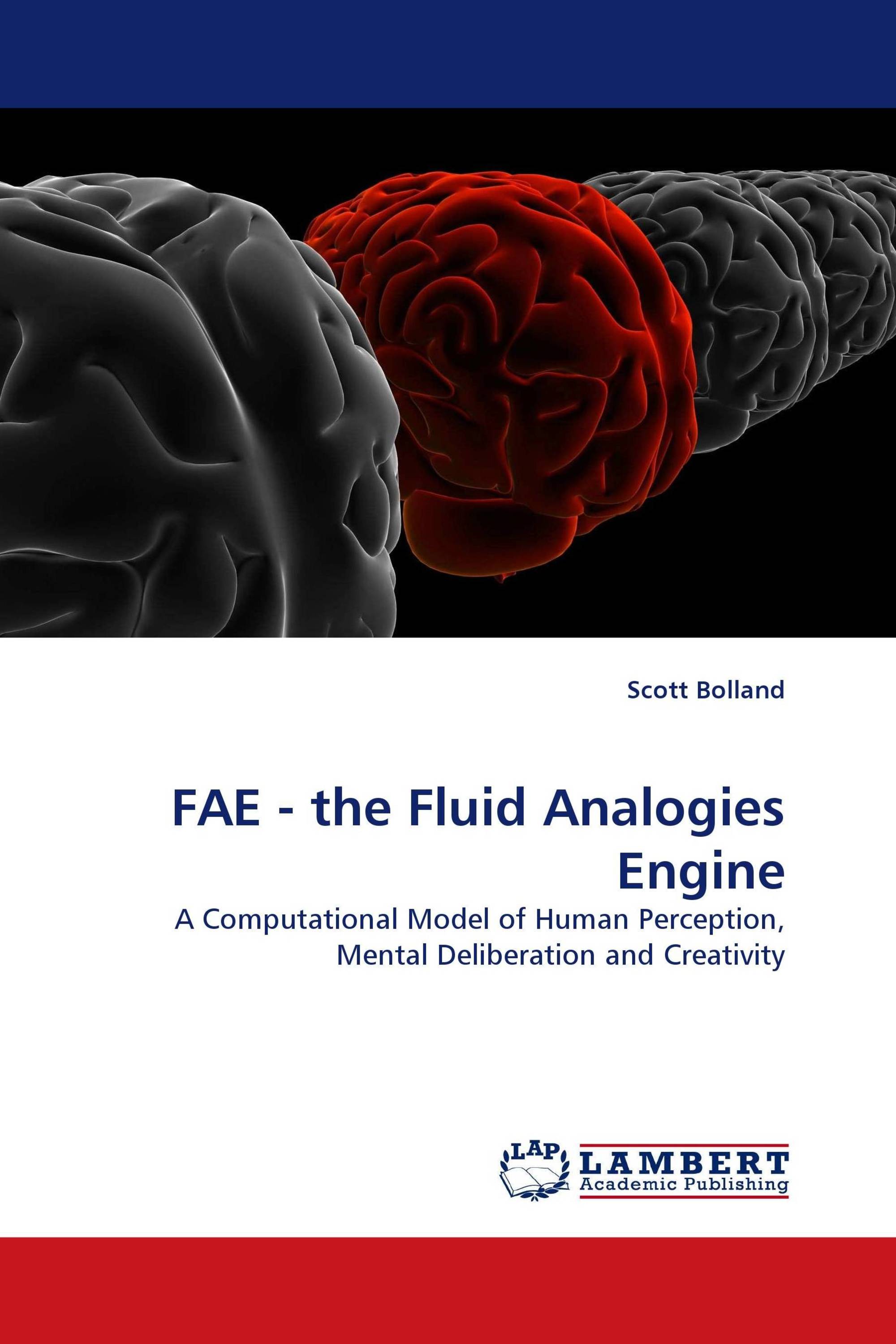FAE - the Fluid Analogies Engine
A Computational Model of Human Perception, Mental Deliberation and Creativity
LAP Lambert Academic Publishing ( 2010-09-15 )
€ 68,00
The human mind is the most powerful and flexible information processor that we know, capable of complex feats of problem solving, planning, creativity and insight. One of the greatest challenges of cognitive science is to understand and model the processes underlying such flexible and intelligent behaviour. Although it is clear that thinking requires us to reason about distinct concepts and entities, modelling thought is an inherently difficult task due to the flexible and context-dependent nature of such concepts themselves. Take for example the concept “chair” and the range of shapes, sizes, colours, textures and forms that it may express. Some chairs may be useful for standing on to change a light bulb, whereas others may be more appropriate for rocking a baby to sleep. As this example illustrates, general problem-solving requires a sensitivity to subtle object and task related features not easily expressed at a symbolic level (i.e. not all “chairs” are appropriate for different tasks). This book describes FAE (the Fluid Analogies Engine) - a computational account of the processes underlying such instances of flexible cognition and creativity.
Book Details: |
|
|
ISBN-13: |
978-3-8383-3245-1 |
|
ISBN-10: |
3838332458 |
|
EAN: |
9783838332451 |
|
Book language: |
English |
|
By (author) : |
Scott Bolland |
|
Number of pages: |
192 |
|
Published on: |
2010-09-15 |
|
Category: |
Informatics, IT |




